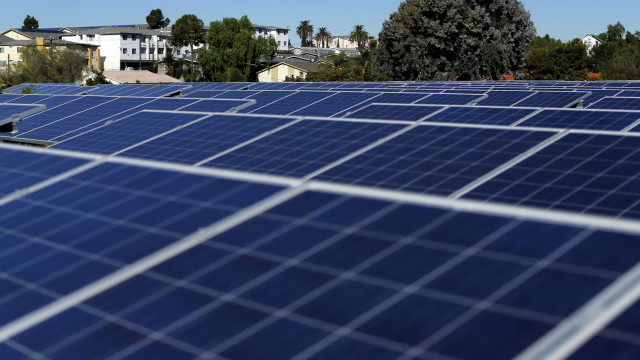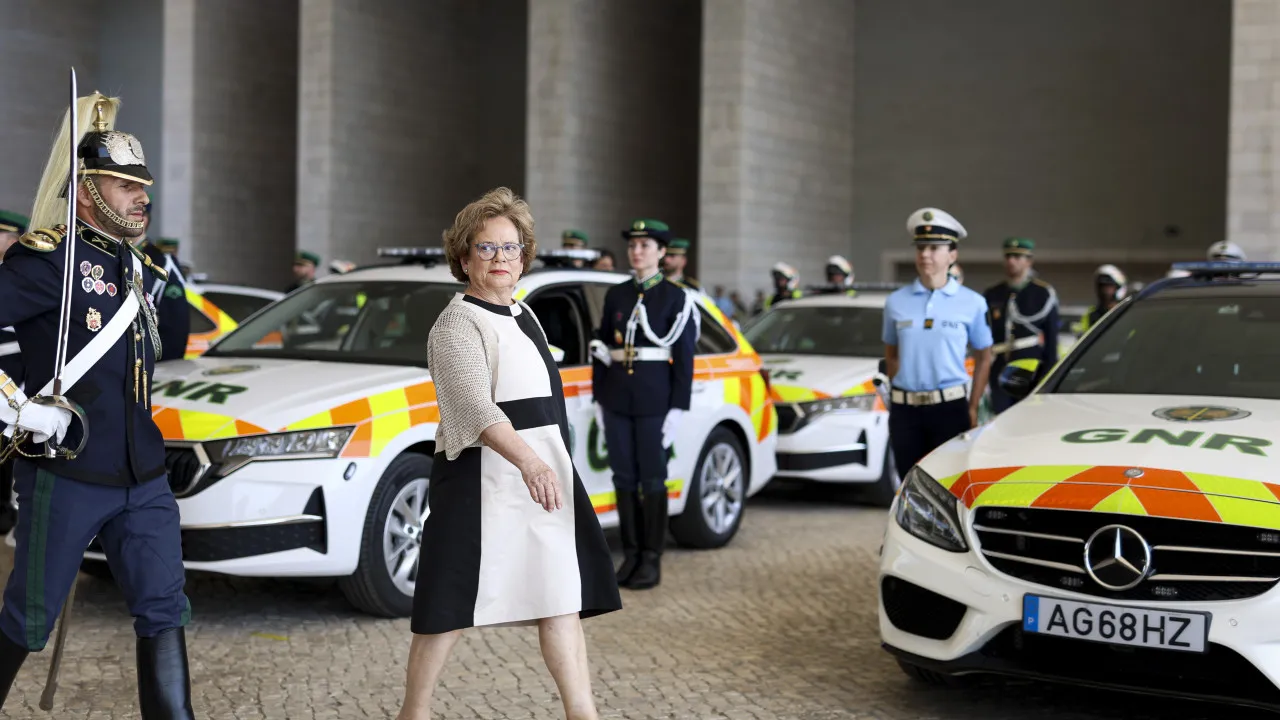July ushers in some relief from the recent high temperatures, but investing in air conditioning now becomes more costly for Portuguese consumers. Starting this Tuesday, equipment such as solar panels, heat pumps, and air conditioning will no longer benefit from the reduced VAT rate.
What’s at stake?
Previously, these items were taxed at a VAT rate of 6%, but with the beginning of July, they will now be taxed at the standard VAT rate of 23%. This marks the end of the reduced tax rate application for the purchase of energy-related devices.
Until now, this reduction applied to equipment designed exclusively or primarily for the capture and utilization of solar energy (such as photovoltaic panels), wind, geothermal, and other alternative energy forms, including heat pumps and air conditioning.
The failure to extend the measure results in a substantial increase in investment, for instance, in purchasing an air conditioner.
According to calculations by Jornal de Negócios, an air conditioner that cost 650 euros yesterday, with a 6% VAT of 36.79 euros, will cost 754.25 euros this Tuesday, with the 23% VAT corresponding to 141.04 euros.
Associations criticize “fiscal regression”
Last week, the environmental association Zero described the planned VAT increase on air conditioners and photovoltaic panels as an “assault on climate policy,” asserting that Portugal is moving in the opposite direction of the European Union (EU).
Zero believes this VAT change represents a significant fiscal regression, potentially undermining the nation’s efforts towards energy transition, support for renewables, and the reduction of greenhouse gas emissions (GHG). It also opposes ensuring families have “better and more efficient thermal comfort,” thus minimizing impact on public health during heat waves and cold spells.

Air conditioning installers also requested more time
The Association of Installers of Portugal (AIPOR) also requested an extension of the 6% VAT rate for air conditioners and solar panels, which they argue contributes to decarbonization and energy efficiency.
“AIPOR supports the extension of the measure, as it is vital for contributing to decarbonization and pursuing environmental and energy efficiency goals, in line with the National Energy and Climate Plan for 2030,” the association stated in a communiqué.
Celeste Campinho, President of AIPOR, argued that extending the measure is “crucial for consumers to adopt more environmentally friendly practices.” She noted that the end of the reduced VAT rate poses a greater obstacle to purchasing these devices.
“In a time where decarbonization is vital to ensure the future of upcoming generations, with ongoing European and global commitments in energy efficiency and sustainability, it’s essential to encourage the market and consumers,” she emphasized.
Political parties move to prevent VAT increase
On the last day of the reduced VAT rate for these items, the Socialist Party (PS) questioned the Government about the tax increase to understand if the failure to extend the reduced rate stemmed from any study or “is merely due to government inaction.”
PS wants the Minister of Finance to clarify if the non-extension of this reduced rate stems from a study undertaken by U-TAX that recommended it, and if so, they request that the Government provide this study to Parliament.
“Without a U-TAX evaluation study, does the non-renewal of this reduced VAT rate have another basis, or is it merely due to government inaction?” they questioned.
Meanwhile, the party Livre submitted a draft law to maintain the reduced VAT rate on energy equipment and renewable energy appliances.
The party highlights that Portugal is ideally placed for renewable energy production and use, with data from the Portuguese Renewable Energy Association (APREN) indicating these energy sources account for more than 80% of electricity generation.
For the party, the planned end of fiscal benefits applicable to purchasing and maintaining these devices constitutes a “circumstance that needs to be reversed,” to “restore fairness and incentivize access” to more efficient renewable energy solutions, enabling people to cope with “the adverse weather conditions that have been occurring.”




